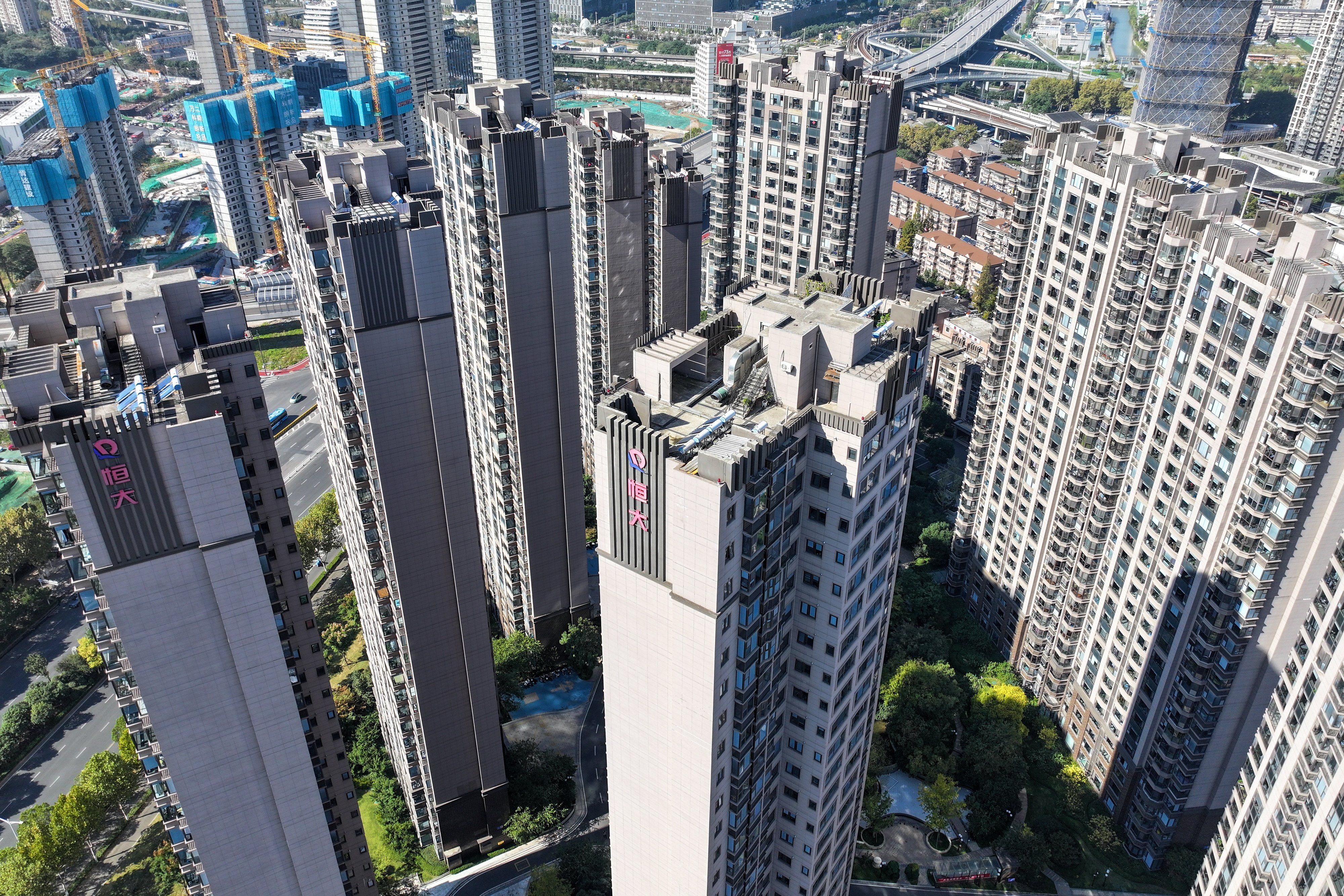Embattled Chinese property developer Evergrande Group was meant to be in a Hong Kong court today, facing the once-unthinkable prospect of liquidation. The real estate colossus, which owns 1,300 projects in over 280 cities across China, has seen its shares plummet by 99% after the company defaulted on its $300 billion debt in 2021.
Since then, lawyers have come before bankruptcy judge Linda Chan seven times to attempt a restructuring, without success. She had indicated this was likely their last hurrah, but the developer was unexpectedly granted an adjournment on Monday to Jan. 29, 2024, giving it more time to finalize a revamped offshore debt-restructuring plan. If they fail, bankruptcy would have huge repercussions for shareholders, property owners, and the Chinese economy.
Shareholders: Unwinding Evergrande’s business structure could take years and provide little return for investors. The group has three companies listed on the Hong Kong Stock Exchange, including its holding company, as well as thousands of subsidiaries in China in a range of industries, such as electric vehicle manufacturing, life insurance, and sports entertainment.
Homeowners: Across China, an estimated 1.5 million Evergrande customers have been saddled with unfinished homes. In a country where real estate accounts for 80% of household wealth and 30% of the economy, the concern is that Evergrande is simply “too big to fail.” To staunch the bleeding, Beijing’s regulators have drafted a list of 50 developers eligible for financing support.
Financial institutions: Evergande’s troubles have produced a “contagion effect” from real estate development to real estate financing and a similar crackdown by authorities in that sector. Police are now investigating Zhongzhi Enterprise Group, a major shadow bank in China that lent billions of yuan to developers and is now insolvent with up to $64 billion in liabilities.






